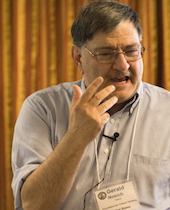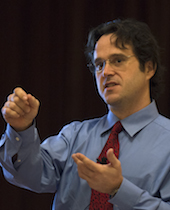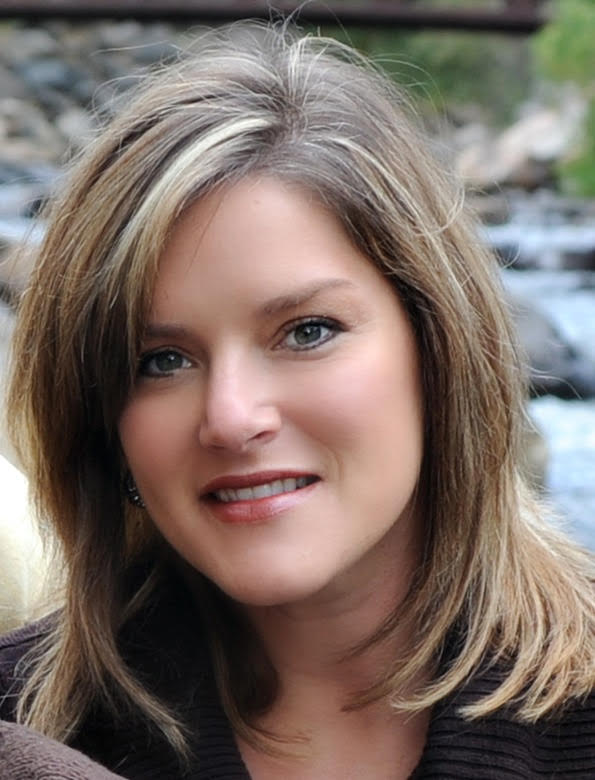
Sonoma State University, Northern California
(Click "Register Now" for pricing and lodging details)
For over 36 years, we have played a key role in defining and advancing the principles and best practices of fairminded critical thought. Our annual conference provides a unique opportunity for you to improve your understanding of critical thinking, as well as your ability to more substantively foster it in all aspects of your work and life.
In the first day's sessions, we focus on the foundations of critical thinking that are at the heart of our approach, foundations that will be contextualized throughout the rest of the conference. Everyone, including those who have worked with our approach for years or even decades, will take away new and valuable ideas from the first day. The rest of the conference will consist of Focal Sessions, Concurrent Sessions, and Roundtable Discussions offered over the following four days.
When you register for the conference, you will choose your Focal Sessions for each day. Focal Sessions will be led by Fellows and Scholars of the Foundation for Critical Thinking.
On the fourth day of the conference, you will choose from many options for the Concurrent Sessions and Roundtable Discussions programs. These are led and facilitated by critical-thinking scholars from all walks of life. The full range of options for each program will be available online in advance, and in print at the conference.
Throughout our work we emphasize the importance of fostering a substantive conception of critical thinking. Such a conception not only highlights the qualities of the educated person, but also implies the proper design of the educational process - for instructors, students, professionals, and indeed anyone working toward higher levels of reasoning.
There are essential minimal conditions for cultivating the mind. These entail modes of instruction, learning, and professional and daily reasoning that facilitate development of the standards, abilities, and traits of the rational person. All of the traditional content-areas of school can be, but typically are not, taught so as to foster the use of those standards, abilities, and traits. For instance, when literature is substantively taught, it is taught as literary thinking. The major goal: to give students practice in thinking analytically, critically, and sensitively about literary texts. As a result, students learn not only how to read novels, plays, short stories, and poems with insight, understanding, and appreciation, but also how to formulate and analyze literary problems, reasoning from information in a literary text to plausible interpretations and judgments of appreciation, ones that they are able to explain and defend on reasonable grounds. When this is done effectively, students come to see the significance of literature, literary thinking, and imagination in their lives and in the life of culture and society. Literature becomes an important way to learn about human nature and the human condition, as well as a lifelong source of insight and pleasure.
When students are taught using a substantive concept of critical education, they learn to initiate, analyze, and evaluate their own thinking and the thinking of others (within all the content-areas they study). As they do so, they come to act more reasonably and effectively in every part of life. They are able to do this because they have acquired intellectual tools and intellectual standards essential to sound reasoning, and to personal and professional judgment. Self-assessment becomes an integral part of their lives. They are able to master content in diverse disciplines. They become proficient readers, writers, speakers, and listeners. They use their learning to raise the quality of their lives and the lives of others. They become reasonable and fairminded persons capable of empathizing with views with which they disagree, and disagreeing with views uncritically accepted by those around them. They are able to use their reasoning skills to contribute to their own emotional life and transform their desires and motivations accordingly. They come to think, feel, and act effectively and with integrity.
All conference sessions are designed to converge on fundamental critical thinking principles, and to enrich a core concept of critical thinking with practical strategies for teaching, learning, working, and living.

Dr. Linda Elder is an educational psychologist and prominent authority on critical thinking. She is President and Senior Fellow at the Foundation for Critical Thinking. Dr. Elder has taught psychology and critical thinking at the college level, and has given presentations to more than 50,000 educators. She has coauthored four books and 24 Thinker's Guides on critical thinking. Concerned with understanding and illuminating the relationship between thinking and affect, and the barriers to critical thinking, Dr. Elder has placed these issues at the center of her thinking and work.

Dr. Gerald Nosich is an authority on critical thinking and Senior Fellow at the Foundation for Critical Thinking; he has given more than 150 national and international workshops on the subject. He has worked with the U.S. Department of Education on a project for the National Assessment of Higher Order Thinking skills, has served as the Assistant Director of the Center for Critical Thinking, and has been featured as a Noted Scholar at the University of British Columbia. He is Professor Emeritus at SUNY Buffalo State and the University of New Orleans. He is the author of two books, including Learning to Think Things Through: A Guide to Critical Thinking Across the Curriculum .

Dr. Brian Barnes has taught Critical Thinking courses for eight years at the university level. He has earned grants from Hanover College, the James Randi Education Foundation, and the University of Louisville focused on developing critical thinking in everyday life. He holds a Ph.D. at the University of Louisville, which fosters the Paulian Approach to critical thinking across the curriculum. Dr. Barnes is a Visiting Scholar of the Foundation for Critical Thinking.

Carmen Polka has worked diligently to infuse critical thinking into her classroom instruction, curriculum, and assessment for more than fifteen years. Focused on transforming education through implementation of quality instructional practices, Ms. Polka instigated and co-authored the writing of the Colorado Academic State Standards targeting research and reasoning based on the Paul-Elder framework. As a leader and critical thinking expert in her district, she led professional development and coached K-12 teachers to effectively utilize the Paulian theory. Ms. Polka is a Doctoral candidate in the Educational Leadership and Policy Studies program at the University of Northern Colorado. In addition, she is a licensed principal, elementary teacher, and K-12 Special Education teacher.
Choose from the following sessions for day-two morning…
Choose from the following sessions for day three afternoon
Concurrent Sessions: choose Concurrent Sessions when you arrive at the conference.
Roundtable Discussions: choose a Roundtable Discussion when you arrive at the conference.